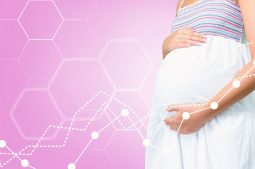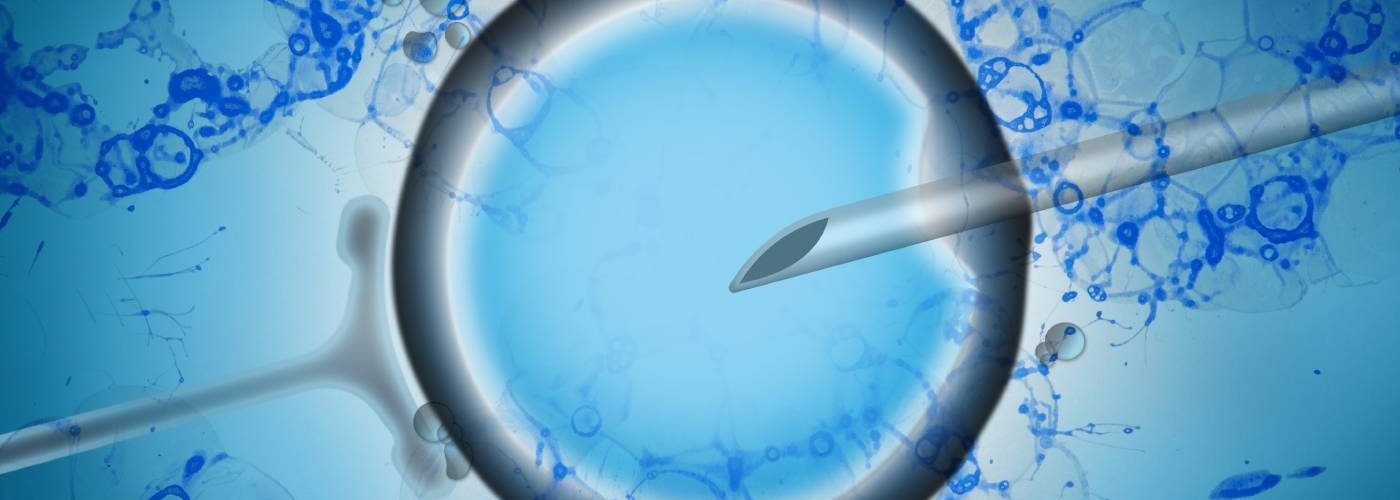
One of the studies presented in the current edition of ESHRE shows a new protocol for frozen embryo transfer (FET). This advancement allows for greater flexibility in the timing of the transfer, with a window of almost 7 days, without compromising treatment outcomes.
Scheduled embryo transfer
At IVI, we always advocate for applying personalized reproductive medicine protocols to each patient. Now, thanks to our research efforts, the practice in our centers is changing from substituted or artificial cycles to natural cycles in cases of frozen embryo transfer. This process, until recently, raised concerns due to potential complications in planning the transfer.
The study, titled “A new mNC protocol that allows a 7-day window for FET planning,” involved a sample of over 3,000 embryos. It was led by Dr. Carlos Alonso, a gynecologist at IVI Madrid and the study’s leader. According to Dr. Alonso, “Embryo transfer can be scheduled if the endometrium is ready when follicles measure between 13 and 20 millimeters, without affecting the clinical outcomes of the process.”
What does the natural cycle consist of?
Until now, it was believed that the natural cycle, although more comfortable and physiological, was also rigid and did not allow for the transfer to be done on the most convenient day for the patient. Despite previous studies focused on exploring this step in reproductive treatment, they all had limitations and a small sample size that hindered reaching conclusive results to advance in this direction.
“Our pioneering study, with the largest sample size to date for this type of research, demonstrates that the natural cycle is more physiological – as it involves minimal medication -, more comfortable, effective, and safe, thus reducing gestational risks such as preeclampsia at the end of pregnancy. Analyzing these cases shows how the endometrium acquires the necessary characteristics to ensure excellent implantation rates several days earlier than initially thought. These findings provide a previously unknown flexibility of almost 7 days to the modified natural cycle, which is highly beneficial to the patients as it allows the timing of the transfer to be adjusted to personal or work-related needs. Additionally, this flexibility is also advantageous for assisted reproduction clinics as it enables fair organization and planning of procedures,” adds Dr. Alonso.
How is the embryo transfer performed in a natural cycle?
In the modified natural cycle, the development of the endometrium and the dominant follicle is monitored through ultrasounds. Subsequently, a medication, recombinant hCG, is administered to promote changes in the follicle and the necessary endometrial transformation. With these preparations, embryo transfer can be performed seven days later. Until now, it was believed that the administration of recombinant hCG was based on the dominant follicle reaching a diameter of 17 millimeters, as measured by ultrasound. This was the main disadvantage compared to the more commonly used strategy of endometrial preparation through hormonal therapy, specifically estrogen.
“Our study eliminates the rigidity of the modified natural cycle and makes its implementation easier in routine clinical practice, reducing medication costs, side effects, and obstetric complications associated with substituted hormonal therapy,” explains Dr. Alonso.
Advantages of embryo transfer in a natural cycle
Firstly, we completely avoid the use of synthetic estrogens, and we reduce the need for exogenous progesterone to fifty percent. This minimizes the discomfort associated with medication administered vaginally. Additionally, embryo transfer in a natural cycle entails lower emotional and economic costs and a reduced complexity in the process. It decreases medication and monitoring expenses, as well as the number of clinic visits. Consequently, it contributes to greater well-being for patients.
Lastly, it is a more natural process from a physiological standpoint as it simulates the body’s natural reproductive process. This makes the assisted reproduction journey towards achieving pregnancy easier and more manageable for patients. It even reduces complications towards the end of gestation, such as hypertensive disorders.





Comments are closed here.